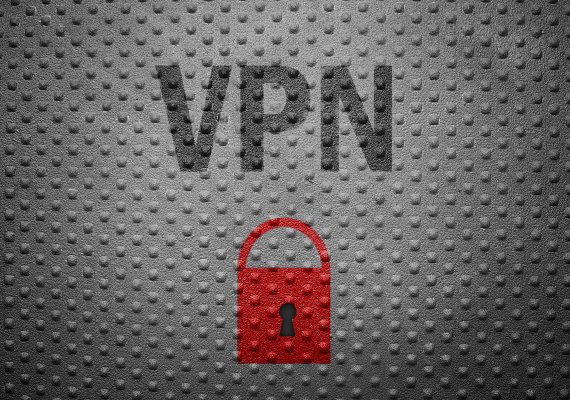The main purpose of a Virtual Private Network (VPN) is to protect your privacy and your data while browsing the Internet. VPNs are useful for a lot of other things, such as torrenting, unlocking geo-restricted content and more. You can find more about the advantages of using a VPN here. But the most important one is the ability of a VPN to protect your identity when you are online.
In order to keep you secure, VPNs encrypt your Internet data using various security protocols. This way, all the information transmitted over the Internet is cyphered, so no one can use it because it is coded. The encryption key is only shared between the client and the VPN server.
How to know that a VPN is secure
All VPN providers claim they can protect you, but how do you know it’s not just advertising? The market is flooded with scammers that only offer a false security.
Here are some aspects to consider when you want to choose a safe VPN:
- Find out what kind of security protocols the VPN uses and make sure they are strong. The security protocol is the technology used by the VPN to encrypt your data. There are several protocols out there and you can read more about them here. But as a general tip, OpenVPN is what you should aim for when it comes to security protocols. They are considered the best and they are open source, which means governments and others can’t manipulate and exploit it to their personal interest. IKEv2 and SSTP are also good options. What you should keep away from are VPNs that use the PPTP protocol, because it is outdated and very weak when it comes to security. The encryption should also be as strong as possible, or ‘military grade’ which is the most common expression. Look for AES-256 bits encryption rather than 128 bits. AES stands for Advanced Encryption Standard
- Stay away from free VPNs. It is one thing to use a free trial from a reputable VPN provider just to test their product and another to choose a random VPN that offers an unlimited free plan. Although there are some decent free VPNs out there, they are still not worth it, because they are limited in speed, features, available servers, support and so on. Besides them, the Internet is full of scamming VPN services that just want to get access to your data so that they can sell it to third parties for money. Those free VPNs do the exact opposite of what a VPN should do, which is protect your identity. In many cases, they even share your IP address or allow others to use your Internet connection for illegal online activities. Moreover, free VPNs usually offer weak security and their encryption is outdated. And an even scarier reason to avoid free VPNs is the fact that there are a lot of criminal organizations that disguise as free VPN services, just so they can obtain your personal info.
How do you know that the VPN provider will keep your data private?
Although good VPNs can secure your connection and protect your data from outside ‘snoopers’, they can still have access to your personal details and online activity. And they could use that information any way they want.
That is why it is very important to carefully read the privacy policy offered by the VPN provider. Their logging policy is what you have to pay attention to. Most reliable providers make sure they stress or even brag on their website that they have a “no logging” or “zero logging” policy. That is what you should go for. That means that the VPN provider doesn’t store/keep any records of your data and online activity while you are using their VPN. Even so, make sure you double-check all their claims, because not all of them are 100% honest. You can also read their Terms of Service and see what they mention in there regarding logs.
A lot of providers still keep minimal data logging, and to some extent, that’s not so bad. There are 2 types of logging practices you should know about: traffic, IP addresses and DNS requests logging and bandwidth/session times logging. From the two of them, you should stay away from the first type of logging. If the VPN provider keeps records of your traffic, DNS (domain name system) requests and IP addresses, it means it can find out what websites you visited, your location, what you downloaded and other private stuff. The second type of logging is usually less harmful. When a provider monitors your bandwidth usage or connection times, it usually just wants to make sure you don’t abuse your privileges included in your subscription plan.





